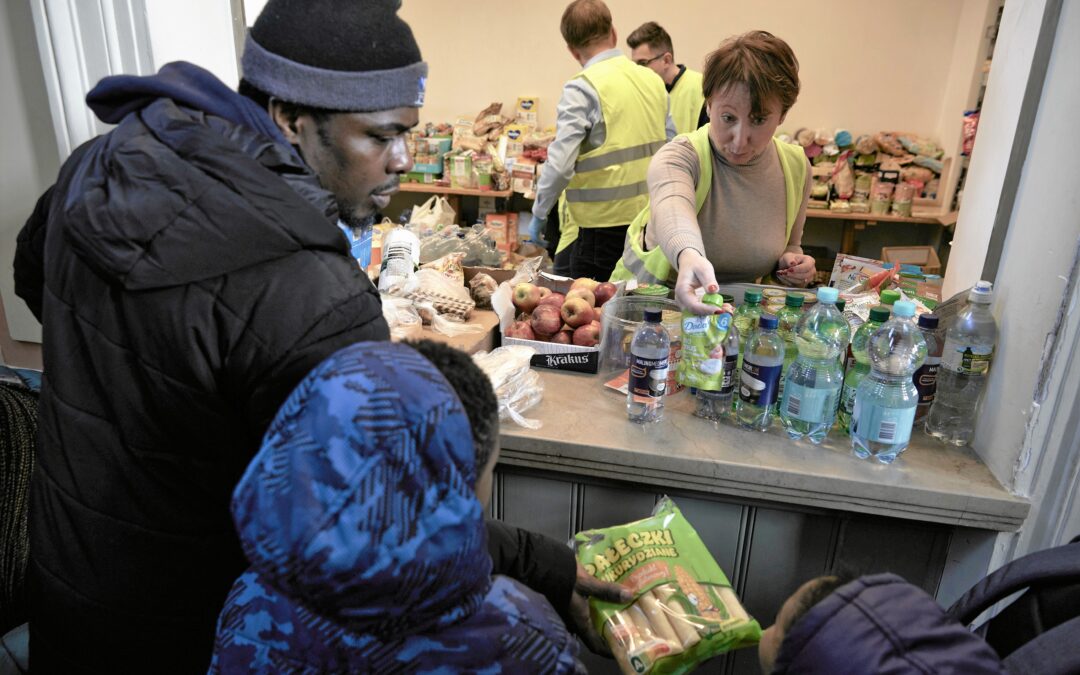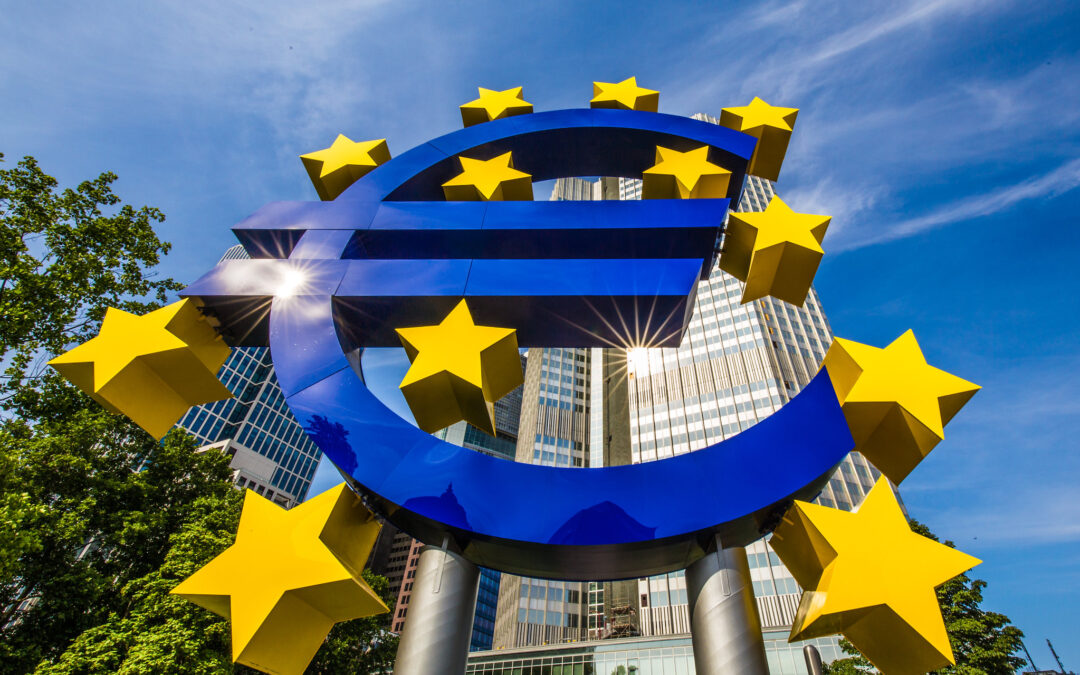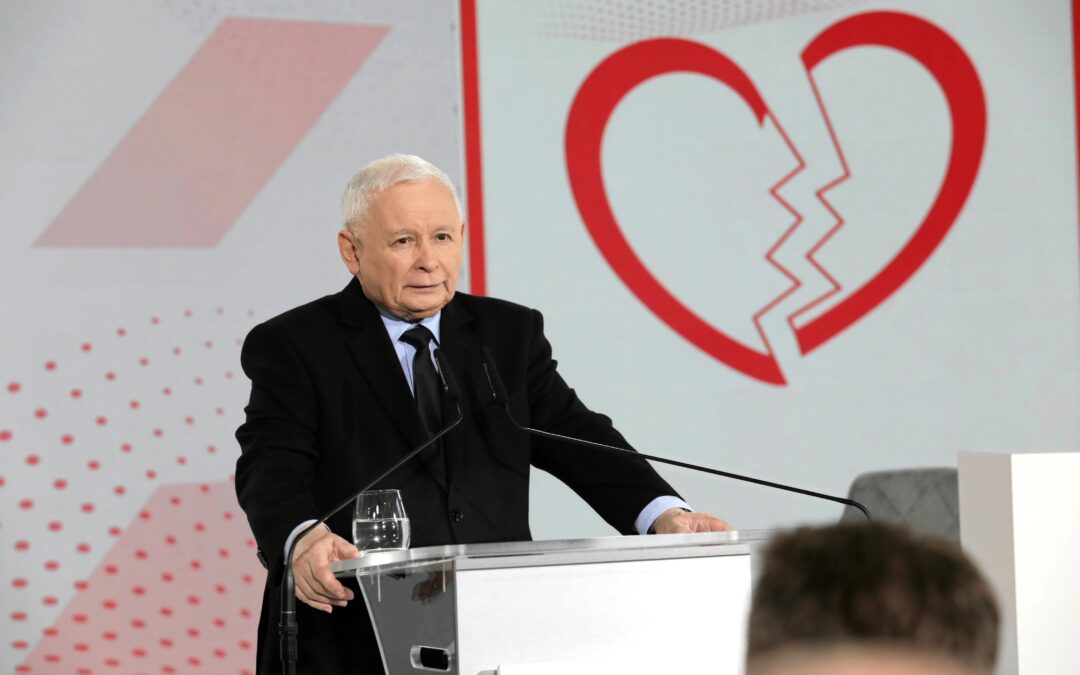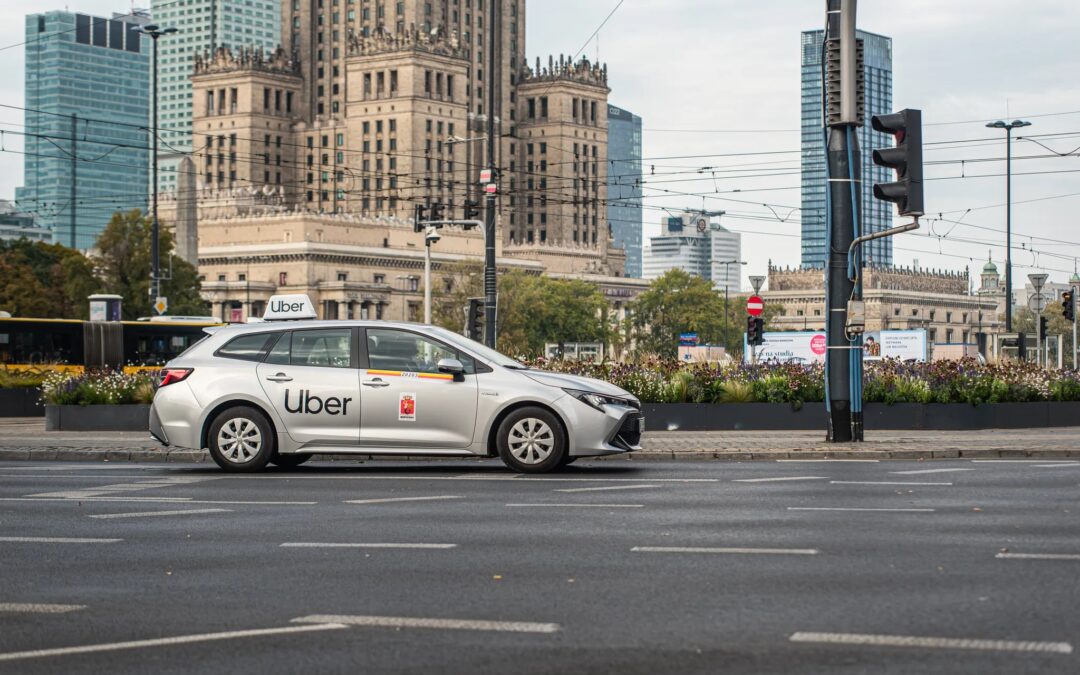Amid the wave of support provided to Ukrainian refugees who have been arriving in Poland, aid groups have warned that non-Ukrainians who have fled from Ukraine are facing a number of additional challenges, including legal exclusion from certain forms of help and racial discrimination.
Among the more than 1.3 million people to have crossed from Ukraine into Poland since Russia’s invasion, around 6% are not Ukrainian nationals, according to figures from the Polish border guard. They include significant numbers of African and Asian students.
Yet, while “there is a whole system of support for Ukrainians, for those without Ukrainian passports, it is much more difficult”, Kalina Czwarnóg from the Ocalenie Foundation, an NGO that helps migrants and refugees, tells Notes from Poland.
“For example, a person that has lived in Ukraine for the last eight years but does not have a Ukrainian passport is not entitled to use public transportation for free,” unlike Ukrainian citizens, she explains.
Czwarnóg also notes that, while there are many individuals offering free transport for refugees from the border, it can be much harder for non-white people to obtain this. “People are looking for white mothers with kids, not dark-skinned students or women in veils.”
In one of the large reception centres near the border with Ukraine, in the town of Młyny, a large group of non-Ukrainian refugees was stuck for days, reports TOK FM. Most were nationals of Syria, Pakistan, Tajikistan, Uzbekistan and India.
“Maybe it was not intentional…but no one takes notice of these people,” Joanna Ławicka, an activist who visited Młyny, told TOK FM. But “indifference is also a form of discrimination,” she added.
The City Is Ours (MJN), a leading civic activist group in Warsaw that has been helping refugees arriving in the capital, says that it is most difficult to find temporary accommodation for non-Ukrainian people, reports Onet.
MJN also notes that at Warsaw’s central station, where large numbers of refugees have been sleeping, only people with a Ukrainian passport are allowed to use the toilets. “Nationals with other passports can’t count on such a luxury.”
The Association of Ukrainians in Poland has also drawn attention to the fact that non-Ukrainian nationals might not receive the same treatment as Ukrainian refugees.
While the government and local authorities have introduced a number of services for Ukrainian nationals, “lack of awareness that those seeking help also include people without Ukrainian citizenship means that they are not included in the access to that essential support,” writes the association, calling for solidarity with all entering Poland.
Ocalenie has sought to put in place a system to help such refugees. “We have decided that they are one of the most vulnerable groups at this point and that they require additional support,” says Czwarnóg.
Working with Biennale Warszawa, a cultural institution, and a number of volunteers, Ocalenie has set up a special reception point where non-Ukrainian refugees can find accommodation, food and support.
Polish MPs have approved a bill to provide greater support for Ukrainian refugees.
The measures would legalise their stay and give them access to work, healthcare, education and benefits.
All parties apart from the far right voted in favour https://t.co/Yd0qfieDhb
— Notes from Poland 🇵🇱 (@notesfrompoland) March 10, 2022
Border Group (Grupa Granica), an aid organisation, has also appealed to the Polish government to prevent discrimination on the basis of race, nationality or religion. “We call for legal regulations offering the same support for all refugees crossing from Ukraine.”
As Poland’s parliament works on new regulations for providing help to refugees coming to Poland, The Left, an opposition party, submitted an amendment to extend the support offered to Ukrainian refugees to their spouses who do not have Ukrainian citizenship or passports. It was included in the version of the bill passed last night.
As parliament discussed the legislation, a group of activists staged a protest outside with slogans including “Equal access to aid for all refugees from Ukraine” and “Solidarity with all refugees”.
Dziś pod #Sejm, @AkcjaDemokracja @hfhrpl @msklimatyczny oraz @RBezGranic zorganizowały demonstrację „Równy dostęp do pomocy dla wszystkich uchodźców i uchodźczyń z Ukrainy”. Razem się takich samych praw, pomocy i procedur niezależnie od narodowości, statusu etc.#RefugeesWelcome pic.twitter.com/qyyomXZsy4
— Grupa Granica (@GrupaGranica) March 8, 2022
In the initial days after the Russian invasion, there was widespread evidence of non-white people facing discrimination as they sought to cross the border from Ukraine into Poland.
While some blamed this on the Polish authorities, such incidents in fact took place on the Ukrainian side and at the hands of Ukrainian officials. Poland emphasised that it is admitting everyone at the border on an equal basis.
Main image credit: Lukasz Cynalewski / Agencja Wyborcza.pl
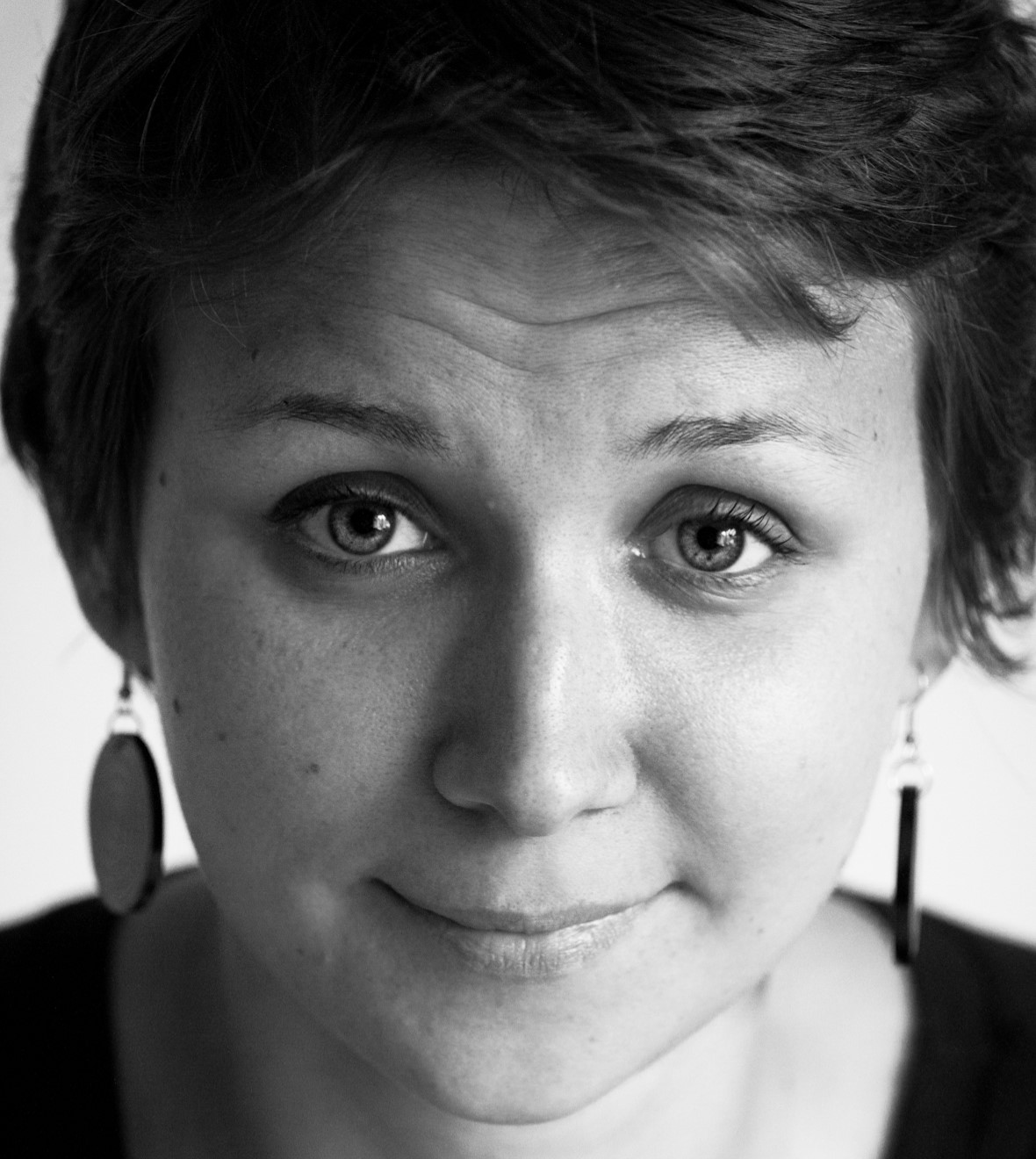
Agnieszka Wądołowska is deputy editor of Notes from Poland. She has previously worked for Gazeta.pl and Tokfm.pl and contributed to Gazeta Wyborcza, Wysokie Obcasy, Duży Format, Midrasz and Kultura Liberalna
